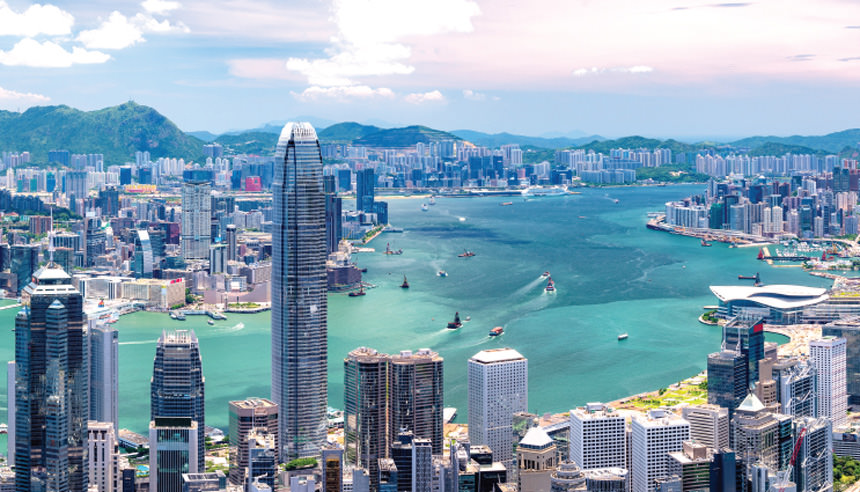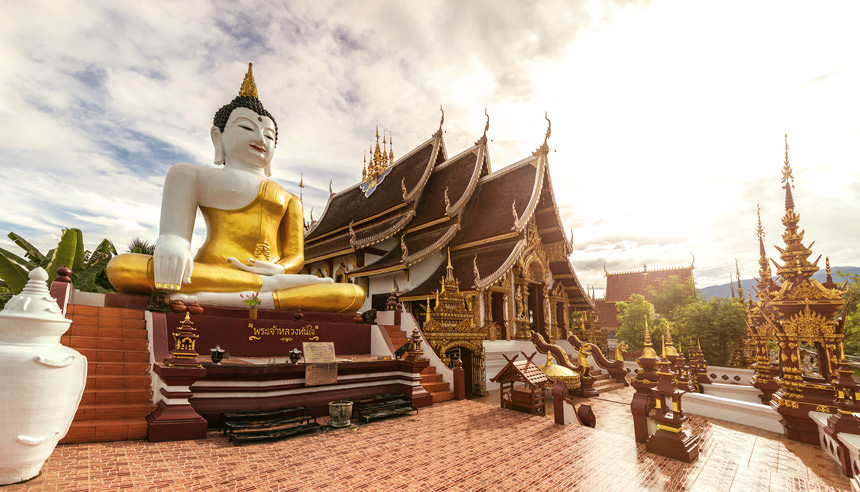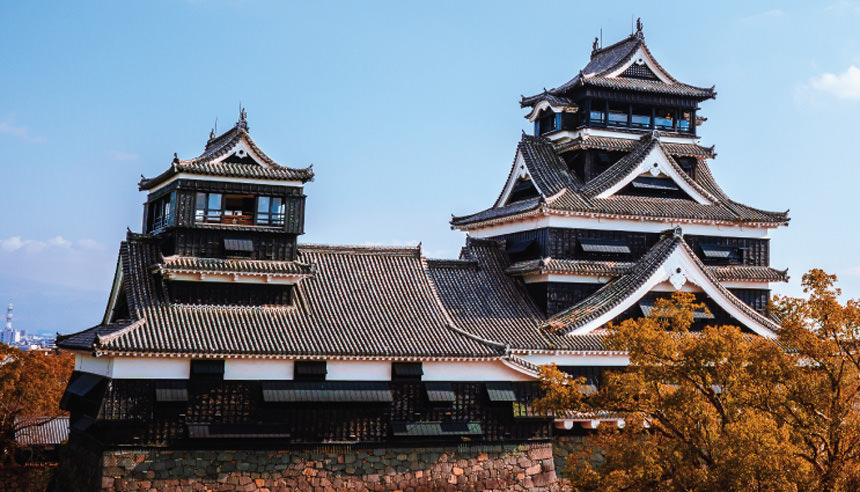Jeju
Cheap flights and information
Jeju Island rises majestically from the blue waters of the Korea Strait, where imposing cliffs overlook stunning pebble beaches. Head inland and visitors will find lush prairies and quiet seaside trails all perfectly suited to the sightseeing pursuits of nature lovers. Photography, hiking, camping, beaches and resorts are all great pastimes here. From the island’s great geographical features to cultural and heritages sites and even the big city pursuits of Jeju City make for one of the most diverse destinations in all of Korea.
Location – an island province in the Korea Strait, approximately 100km south of the Korean mainland. Ferries from Jeju city link the island with Busan, Mokpo, Wando and Incheon. Small boats also provide links to coastal points in China and Japan.
Airport – Jeju International Airport (CJU) is located in Jeju City and is Korea’s second largest airport.
Cheap flights to Jeju Island, South Korea: HK Express currently operates flights into and out of Jeju International Airport (CJU) from Siem Reap International Airport (REP) and many other popular cities in Asia. Please use our search feature above to find the cheapest flights for your date of travel!
Jeju’s stunning natural beauty draws millions of visitors every year. The great rocky formations that make up the landscape seem to cascade down from the island’s dramatic centre, where the mighty heights of Mt. Hallasan dominate. From these lofty elevations to the windswept beaches, Jeju Island enjoys almost every type of climate. Sub-tropical coastal regions, lush, temperate fields and forests and chilly mountainous alpine zones all provide a diverse mix of topography and vegetation.
The traditions and customs of Jeju are equally fascinating. The unique culture and distinct dialect of its people were influenced by its once remote location, and over the centuries, Jeju formed an identity all its own. Known for its great female mermaid divers who harvest everything from shellfish to seaweed and sea cucumbers, visitors will find some of the best seafood dishes in the world. Whether it’s sliced abalone with pepper paste and garlic slices or roasted tilefish with vegetables, these and other great seafood dishes are the mainstay of Jeju cuisine.
Jeju City is the capital of the small island province. Located on the beautiful northern coast, its warm climate is perfectly suited to not only the fragrant orange groves nearby, but also its many hotels, resorts, casinos and night life. With a population of close to half a million people, it is the centre of shopping and dining too. The city boasts a large underground mall with department stores and shops while the restaurant scene offers a taste of Jeju’s traditional cooking.
Dolhareubang Statues
One of the most famous symbols of Jeju, the Dolhareubang, or “Stone Grandfather” statues can be found dotted across the landscape. These ancient looking statues were once thought to bring health and prosperity while warding off evil spirits. Some even act as landmarks designating village boundaries. Whatever their purpose, these 18th century statues provide a unique look into the island’s past.
Hallasan National Park
One of the most idyllic places from which to take in the dramatic island scenery, Mt. Hallasan is Korea’s highest peak. Affording stunning views of the island and sea below the park offers a number of hiking trails where the many beautiful rock formations and diverse range of plants and wild flowers can be enjoyed.
Geomunoreum Lava Tube System
Formed hundreds of thousands of years ago, these immense underground lava tubes have grown to the size of caves. Formed from the lava that spewed from Geomunoreum Volcano, the impressive limestone formations are today UNESCO World Natural Heritage sites and recognised as some of the world’s greatest formations. Manjanggul and Gimnyeonggul are two of the largest and most popular.
Due to its popularity as a honeymoon and tourist destination, Jeju has many hotels, motels, resorts and guesthouses. The many accommodation choices can be found throughout the island, both seaside and in scenic rural areas. The Shin-Jeju area offers many affordable options when requiring a hotel or guesthouse near the airport and city. Many small towns provide clean, affordable minbak (guesthouse) accommodation while in Jeju City, jjimjillbangs are common sites for budget accommodation where travellers are provided with a bunk or sleeping mat.
Jeju International Airport is just minutes from Jeju City. Taxis, inner-city (shin-nae) buses and the Airport Limousine are all convenient and economical ways to get around the city. Once downtown, getting around on foot is easy as most city attractions are within a 2km radius.
If not on a strict budget, renting a car is the best way to get around the island. Roads are easy to navigate and well maintained and road signage is in both Korean and English. Tour taxis are another popular way to see the sites and more relaxing for those who don’t wish to drive. The Jeju Trolley Limousine Bus is a coach that provides interesting overview tours of the island. For the more adventurous, bicycles and motor scooters can be rented. Bicycle lanes are common on most major roads.
If planning a trip to the Korean mainland, there are several main routes that depart from the Jeju-si Ferry Terminal in Jeju City. Daily ferry service is available to Busan, Wando, Mokpo and as far away as Incheon. A tourist information centre can also be found at the ferry terminal.
Hot summers, warm, dry autumns and moderate winters. The island’s high mountain elevations receive more moisture and are typically colder. Visit Best Time to Visit Jeju page for details.
Currency
South Korean Won (KRW)
Electricity
220V 60Hz
Language
Korean, English
Timezone
UTC+9
Tel code
+82



